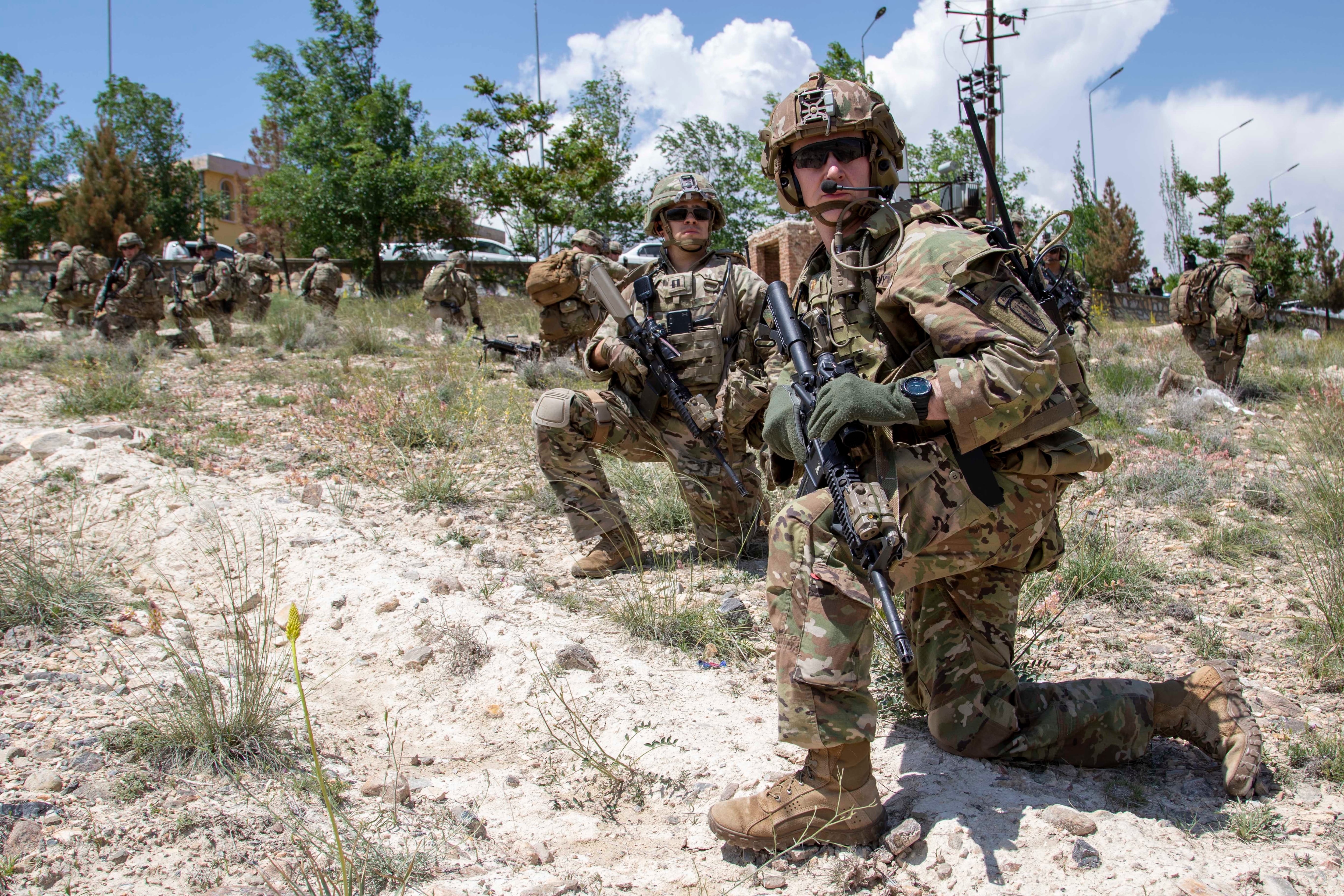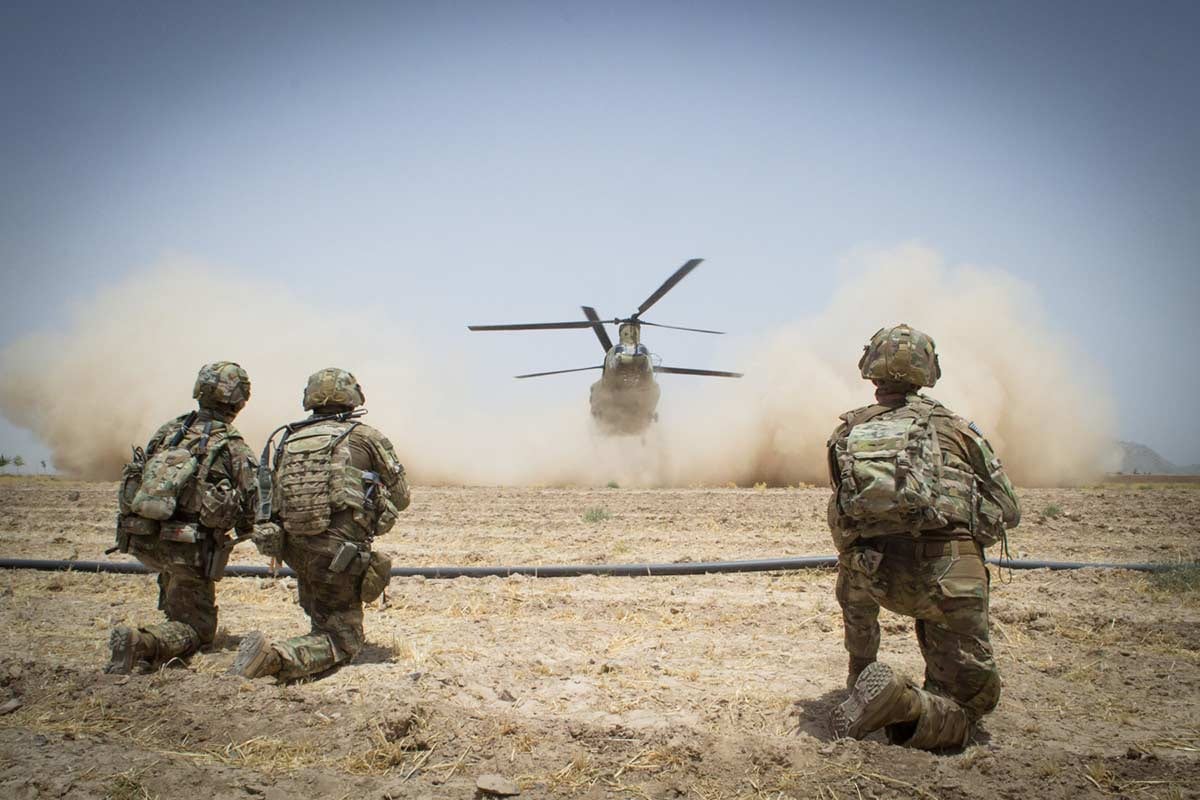WASHINGTON ― President Donald Trump said he plans to withdraw thousands of U.S. forces from Afghanistan, but will keep 8,600 there for the foreseeable future, pending the outcome of U.S. peace talks with the Taliban, which appear to be concluding.
“We’re going down to 8,600 and then we make a determination from there as to what happens,” Trump told Fox News Radio, repeating that the U.S. “could win that war so fast, if I wanted to kill 10 million people ... which I don’t.”
The U.S. has about 14,000 troops in Afghanistan, alongside international troops, to advise and assist Afghan defense forces and to fight extremist groups like the Islamic State and al-Qaida.
Trump said the bulk of these could be withdrawn, but stressed that the U.S. will maintain some kind of troop presence in Afghanistan.
“You have to keep a presence,” he said, adding that the U.S. would be reducing troops “very substantially.”
U.S. Central Command on Thursday told Military Times that no troops have yet been ordered out of Afghanistan.
“The mission has not changed,” said Army Lt. Col. Earl Brown, a CENTCOM spokesman.
RELATED

The president campaigned on getting the U.S. out of the war, but efforts to withdraw U.S. troops have been slowed because military leaders argue that there is still a need for American counterterrorism forces, as well as the ongoing campaign to train the Afghan troops.
Lawmakers, too, have pressured Trump on his withdrawal plans. Republican Sen. Lindsey Graham, R-S.C., was mulling legislation to backstop a withdrawal, and he published an opinion piece Thursday with retired Army Gen. Jack Keane to warn a complete withdrawal would risk turning Afghanistan into a launchpad for terrorist attacks against the U.S.
The U.S. has pressed for a cease-fire and a framework for inter-Afghan talks, but so far the Taliban have refused to recognize the Afghan government, dismissing it as a U.S. puppet and continuing to stage near-daily attacks across Afghanistan.
Trump’s comments came a day after Gen. Joseph Dunford, chairman of the Joint Chiefs of Staff, told reporters, "I'm not using the withdraw word right now.”
RELATED

Dunford, who commanded international forces in Afghanistan in 2013 and 2014, struck a cautionary note, saying any deal with the Taliban would be based on security conditions on the ground and that Afghan forces aren’t yet able to secure the country without help from allied forces.
"It's our judgment that the Afghans need support to deal with [Afghanistan’s current] level of violence,” he said.
The Associated Press contributed to this report.
Joe Gould was the senior Pentagon reporter for Defense News, covering the intersection of national security policy, politics and the defense industry. He had previously served as Congress reporter.





